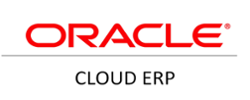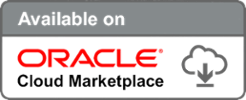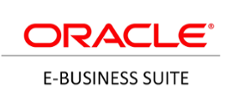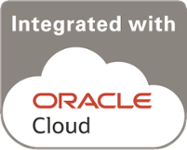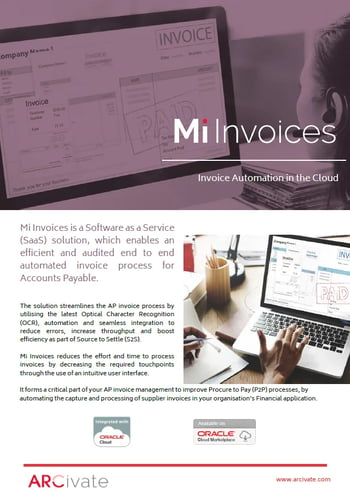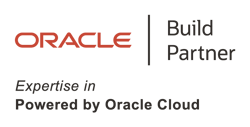On-Demand Recording
Does a Tax Engine assist with Invoice Automation and Source-to-Settle?
Welcome to the world of Automated Invoice Processing and Tax Application, brought to you by Avalara and Arcivate
We invite you to watch our On-Demand Webinar where we will review the significance of a Tax Engine when automating invoice processing.
Our industry experts Jason Howard and our guest speaker Alex Baulf will also provide their best practice recommendations on invoice automation implementation, and explain why a Tax Engine is essential for businesses to enhance efficiency, reduce costs, and enhance their finance and procure-to-pay processes.
Book a Demo
Want to know more register for your own tailored demonstration of Mi Invoices
Invoice Automation Implementation considerations are;
![]() A Tax engine is implemented
A Tax engine is implemented
![]() Good implementation of invoice automation
Good implementation of invoice automation
![]() Know how to streamline your business process to maximise benefits
Know how to streamline your business process to maximise benefits
![]() The solution chosen has the functionality now and for the future
The solution chosen has the functionality now and for the future
![]() Be prepared for E-invoicing …
Be prepared for E-invoicing …
![]() Businesses need good quality data because it means processes and business decisions are more reliable, accurate and complete
Businesses need good quality data because it means processes and business decisions are more reliable, accurate and complete
![]() The benefits of accurate master data for automating invoice processing are numerous – not least that you can rely on it being fit for purpose
The benefits of accurate master data for automating invoice processing are numerous – not least that you can rely on it being fit for purpose
If you are grappling with invoice automation and/or Tax issues?
Please get in touch or register for your demonstration of Mi Invoices Book a Demo
Does a Tax Engine assist with Invoice Automation and Source-to-Settle?
What benefits does it provide?
We have implemented many invoice automation solutions for customers, but one question that always comes up is “how do we handle tax and what is the best approach?”. Whilst it used to be a requirement that invoice automation should handle tax, the current approach should be to answer “No, what tax engine are you or have you implemented?”. Taxation is a key part of invoice processing, however, the ability to identify and process the correct amount of tax needs to be considered as part of your Source to Settle process, not just invoice automation.
- © ARCivate 2025
- ARCivate Company No. 07340236 registered in England & Wales
- Privacy & Cookie Policy

